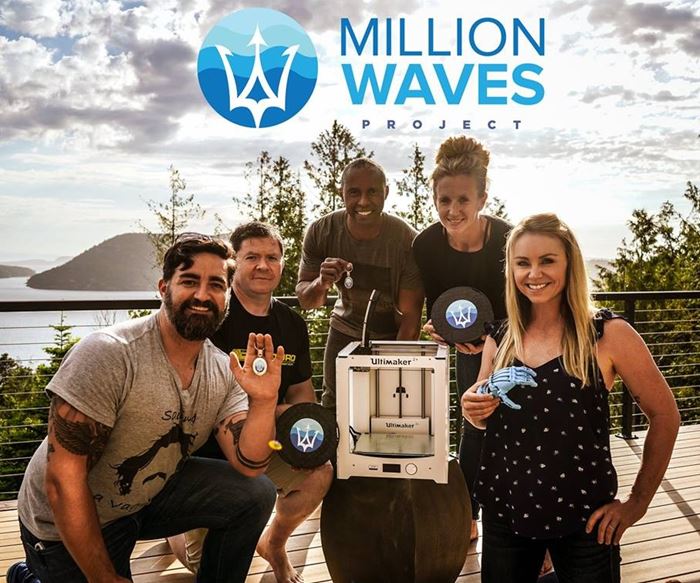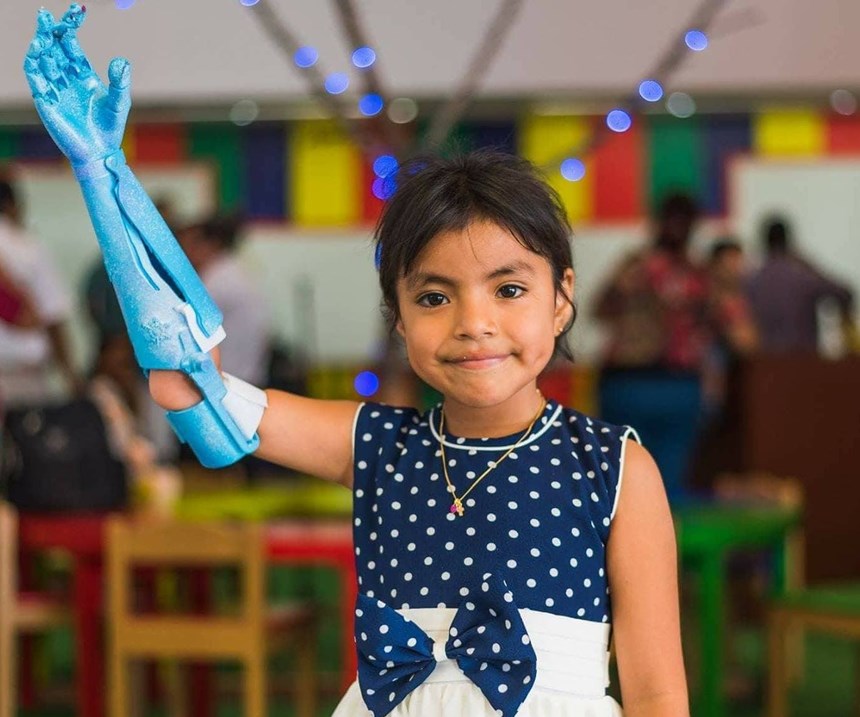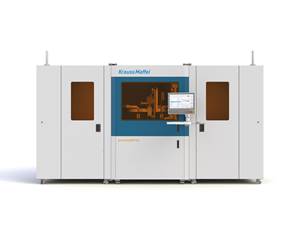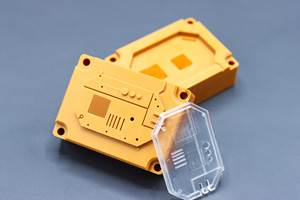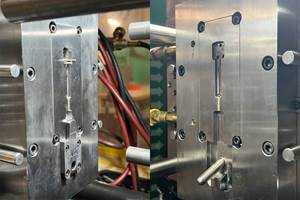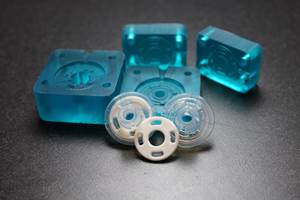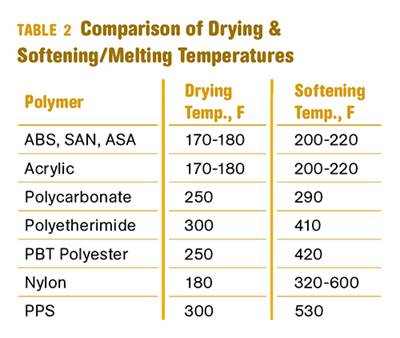Ocean Plastic 3D-Printed Prosthetic Limbs
New initiative takes reclaimed ocean plastic and uses it to 3D print custom prosthetic limbs for children.
Business consultant Chris Moriarity had no background in recycling, 3D printing or working with ocean plastic. Yet, one fateful night he woke up and had the idea to connect the dots: bring together two unacceptable global situations and offer a sustainable solution.
“I realized that one of the world’s most shameful problems could be reclaimed and turned into something to be proud of—a story of redemption we could all take part in—my wife was as excited as I was, even though it was 2 a.m.,” he says.
And the Million Waves Project was born. The initiative, a 501C(3), launched Earth Day, takes reclaimed ocean plastic and uses it to 3D print custom prosthetic limbs for children. The project has teamed up with Washington CoastSavers, a group actively engaged in saving Washington’s Pacific Coast from the harm of marine debris. The two ocean-saving organizations plan to work together to close the loop on some of the thousands of pounds of plastic pollution collected each year in Washington. Washington CoastSavers’ most recent cleanup resulted in 18.8 tons of garbage collected by nearly 1,300 volunteers.
The Million Waves Project will source some of the plastic from the CoastSavers’ cleanups to 3D print limbs. Million Waves hopes to start by processing the PET (food and drink containers) the Washington CoastSavers volunteers collect; cleaning, pulverizing, extruding, spooling and finally printing with the plastic. Moriarity says the company will soon receive a new shredder/granulator so that they’ll be 100% self-reliant.
Typically, much of the waste collected ends up in landfills or is sent to local recycling centers, but this project finds a home for the usable marine plastic and recreates it for good. Washington CoastSavers is looking forward to providing a place for the waste to go once collected.
Nicole Harris Washington CoastSavers Steering Committee member says: “Closing the loop by reclaiming marine plastics is the ideal situation for the waste collected during our cleanups. It is so exciting to partner with Million Waves Project on this creative and thoughtful solution to our plastic pollution problem. Being able to provide a resource for such a good cause adds to the reward our volunteers feel in doing their already impactful work.”
The two groups plan to convene in September at the CoastSavers International Coastal Cleanup event to celebrate the partnership. From there, the Million Waves team will begin the process of transforming the viable plastic into 3D-printed limbs.
Another strategic partnership, 3DUniverse, is providing the scaled implementation of the Million Waves Project’s long-term strategy; beginning with connecting funds raised by the Million Waves project to people needing limb-making parts. The e-Nable community that is providing the open source 3D prosthetic templates and general support for the project.
Million Waves Project is also working with orthopedic surgeon Jonathan Shafer and Registered Nurse Jodi Shafer who are providing medical expertise.
Moriarity says that each prosthetic cost about $45 to source, print and deliver. The public can get involved as well by sponsoring a 3D-printed prosthetic limb for $45. There’s also an opportunity to donate to the research and development of 3D-printed wheelchairs.
“We are just getting started,” Moriarity says, “This is a world-changing operation, and everyone can get involved on the ground floor. For as little as $45, we can provide a limb for someone that will dramatically change their life—they can go to work, or play ball with their friends—and we have the technology do it responsibly.”
Read more about growing efforts to reclaim plastics from the ocean in PT’s July cover story.
Related Content
KraussMaffei Launches Two Additive Manufacturing Lines at K 2022
Long established in injection molding, extrusion and polyurethane reaction process machinery, 184-yr-old KraussMaffei prepares to enter the industrial additive manufacturing market.
Read MoreMake Every Shot Count: Mold Simulation Maximizes Functional Parts From Printed Tooling
If a printed tool only has a finite number of shots in it, why waste any of them on process development?
Read More3D Printing of Injection Molds Flows in a New Direction
Hybrids of additive manufacturing and CNC machining can shorten tooling turnaround times.
Read MoreFreeform Injection Molding Eases the Path to Medical Device Product Testing
A development and manufacturing service provider is using dissolvable molds to build injection molded silicone prototypes.
Read MoreRead Next
Advanced Recycling: Beyond Pyrolysis
Consumer-product brand owners increasingly see advanced chemical recycling as a necessary complement to mechanical recycling if they are to meet ambitious goals for a circular economy in the next decade. Dozens of technology providers are developing new technologies to overcome the limitations of existing pyrolysis methods and to commercialize various alternative approaches to chemical recycling of plastics.
Read MoreWhy (and What) You Need to Dry
Other than polyolefins, almost every other polymer exhibits some level of polarity and therefore can absorb a certain amount of moisture from the atmosphere. Here’s a look at some of these materials, and what needs to be done to dry them.
Read More
